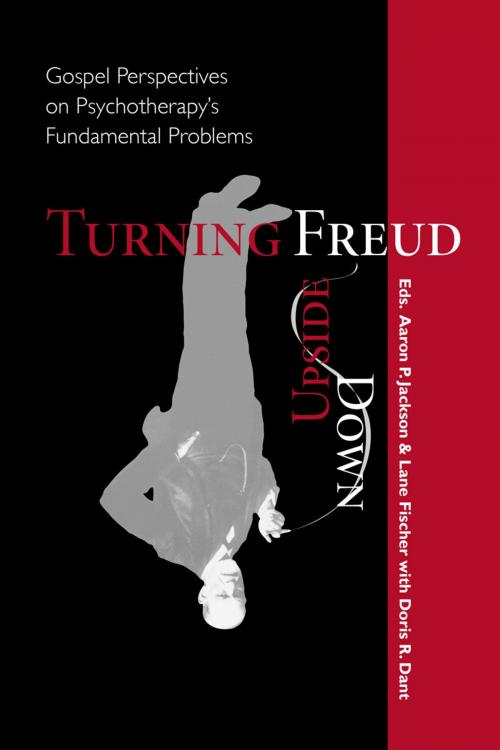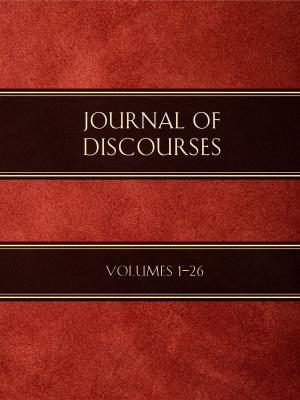Turning Freud Upside Down
Gospel Perspectives on Psychotherapy's Fundamental Problems
Nonfiction, Religion & Spirituality, Christianity, Denominations, Mormonism| Author: | Jackson, Aaron P. | ISBN: | 9781938896002 |
| Publisher: | Deseret Book Company | Publication: | August 10, 2012 |
| Imprint: | BYU Studies | Language: | English |
| Author: | Jackson, Aaron P. |
| ISBN: | 9781938896002 |
| Publisher: | Deseret Book Company |
| Publication: | August 10, 2012 |
| Imprint: | BYU Studies |
| Language: | English |
Latter-day Saints often worry about psychotherapy negatively affecting their souls—for good reason. Even religious therapists may promote anti-gospel principles. This hazard is particularly extreme when therapists are unaware of their practicing assumptions. Now counselors—and their clients—can go to Turning Freud Upside Down for a gospel corrective to that problem. No mere Freud basher, this book indicts basic concepts riddling much of traditional psychotherapy. “If you want to think about psychotherapy in dramatically new ways, read Turning Freud Upside Down. As its title suggests, this book upends traditional psychological dogma. Far more important, it also advances alternative, gospel-based views of human behavior and personality. LDS and other Christian clinicians who feel lost in the trenches will find this book an indispensable map for moving further away from secular assumptions and techniques to a more spiritual base. I eagerly await the forthcoming volumes in this series.”
Latter-day Saints often worry about psychotherapy negatively affecting their souls—for good reason. Even religious therapists may promote anti-gospel principles. This hazard is particularly extreme when therapists are unaware of their practicing assumptions. Now counselors—and their clients—can go to Turning Freud Upside Down for a gospel corrective to that problem. No mere Freud basher, this book indicts basic concepts riddling much of traditional psychotherapy. “If you want to think about psychotherapy in dramatically new ways, read Turning Freud Upside Down. As its title suggests, this book upends traditional psychological dogma. Far more important, it also advances alternative, gospel-based views of human behavior and personality. LDS and other Christian clinicians who feel lost in the trenches will find this book an indispensable map for moving further away from secular assumptions and techniques to a more spiritual base. I eagerly await the forthcoming volumes in this series.”















